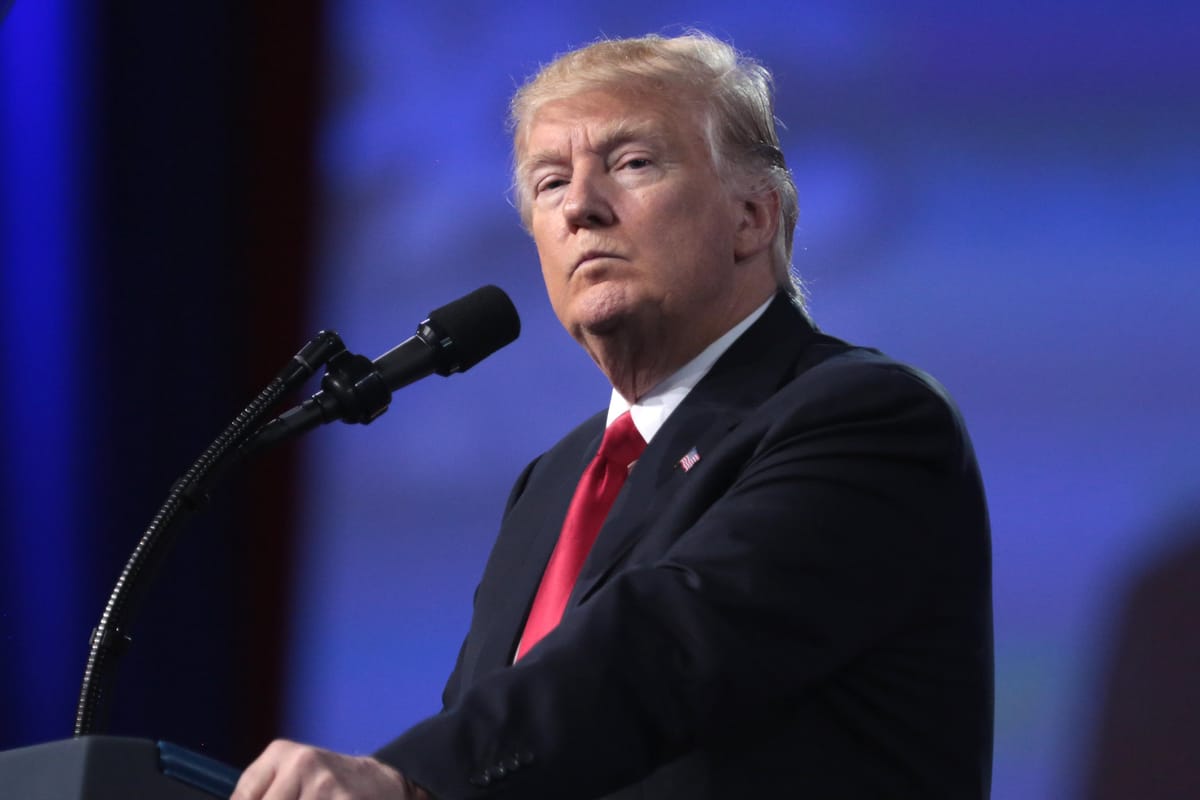Table of Contents
The US Senate is seeking to overturn a controversial crypto accounting policy retained by the SEC but President Biden isn't pleased.
Known as Staff Accounting Bulletin No. 121, the rule requires companies to list crypto assets on their balance sheets, increasing the expense for financial institutions to deal with cryptocurrencies.
The Senate voted 60-38 to withdraw the policy but Biden said removing the rule would disrupt "work to protect investors in crypto-asset markets and to safeguard the broader financial system."
12 Democrats voted alongside Republicans in favour of the resolution but there were not enough votes to make it veto-proof.
Sen. Cynthia Lummis (R-Wyo.) said the rule was "a disaster" that went against the protection of consumers.
"This is a win for financial innovation and a clear rebuke of the way the Biden administration and Chair Gary Gensler have treated crypto assets and marks the first time both chambers of Congress have passed standalone crypto legislation," she said in a statement.
Republicans also criticised the SEC for instituting the policy without going through the necessary rule process.
"SAB 121 is non-binding staff guidance that, if followed, enhances important disclosure to investors in firms that safeguard crypto assets for others," an SEC spokesperson said in a statement after the vote.
"Time and again, we have seen crypto firms fail and watched as their customers lined up at the bankruptcy court in hopes of getting what they thought was legally theirs."
Earlier this month, the House of Representatives also passed a resolution rejecting the SEC's rule but Biden pledged to veto against it.
Rep. Mike Flood (R-Neb.) said the vote was a "landmark result," highlighting the bipartisan support.
"It is clear there is overwhelming opposition to SAB 121, and I urge President Joe Biden to reconsider his previous statement of intent to veto the resolution. The President should sign my resolution to ensure the SEC reverses course and sets America on a path to growing our digital financial future," he said.
Rep. Wiley Nickel (D-N.C.) said the House "never should've had to resort to" the Congressional Review Act.
"Today's Senate vote to repeal SAB 121 sends a clear bipartisan message: Congress will not stand idly by as Gary Gensler and the SEC deliberately sidestep the statutory rulemaking process and overstep their regulatory authority," he said.

Cardano founder Charles Hoskinson described Biden's move as a "coordinated effort to kill crypto" and the latest in what he called "Operation Chokepoint 2.0."
“This November, if you vote for Joe Biden as a cryptocurrency holder, please understand that the intent of this administration is to destroy the American cryptocurrency industry,” he said on X. "Understand that. It’s unambiguously clear.”
You're completely wrong. The administration had its issues but mostly ignored our industry. The Biden administration has engaged in a coordinated effort to kill crypto.
— Charles Hoskinson (@IOHK_Charles) May 9, 2024
Meanwhile, Donald Trump is becoming a more favourable candidate among the crypto community, after declaring, "If you're in favor of crypto, you'd better vote for Trump."










